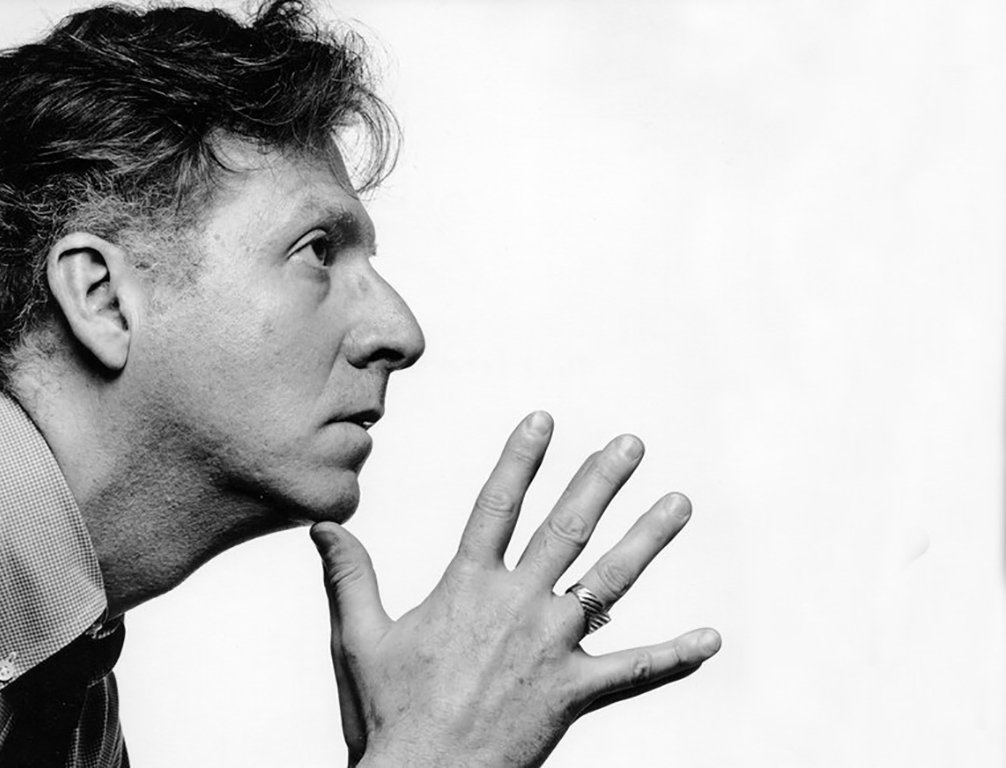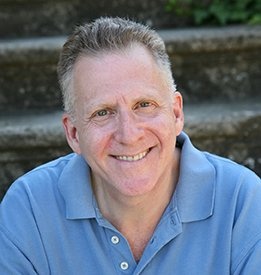Columbia College | Columbia University in the City of New York
The Joy of Poetry

Jack Mitchell
P

With nearly 60 books to his name — including 11 poetry collections — Lehman, 75, may be best known as the editor of The Oxford Book of American Poetry. An indispensable text in college literature courses since 2006, the 1,132-page tome collects the verse of 210 poets from the 17th century to the present, including previously overlooked female poets such as Josephine Miles and Anne Porter, blues singers like Bessie Smith, and rocker Bob Dylan.
Poetry aficionados know Lehman as the driving force behind the annual Best American Poetry series. Its 36 volumes (including two retrospectives) have celebrated the nation’s most sublime, witty and sobering poems since 1988.
“David has without any question been one of the most influential people in American poetry for the last 40 years — not simply as an anthologist but also as a poet, critic and intellectual presence,” says poet Dana Gioia, a former chair of the National Endowment for the Arts. “As an editor, he has been inclusive in every sense of the word — culturally, politically and aesthetically. No one matches his record.”
“Poetry is personal,” says Lehman, reflecting on its diminished role in modern times. “It’s not written to effect social change. It’s written to add to the store of knowledge and to enhance our sense of the beauty of creation. It’s an act of celebration. Sometimes it’s an act of mourning. It’s fundamental to the human heart.”
Lehman, who was an assistant professor of English at Hamilton College, has also written 11 wide-ranging works of nonfiction. These include 2019’s One Hundred Autobiographies: A Memoir, an account of his four-year battle against bladder cancer (he is now cancer-free), and 2015’s Sinatra’s Century: One Hundred Notes on the Man and His World.
Like Sinatra, whose signature song is “My Way,” Lehman also crafted a career his way. Early in his freshman year at the College, he got “passionately” involved in writing poetry. “I thought it was one of the highest callings. I was very taken by some of the fellows who had embraced the aesthetics of the so-called New York School of Poetry,” he says.
One of the youngest and last members of that school, he was influenced by poets Kenneth Koch and John Ashbery GSAS’50, according to Gioia. “But he has always been his own man as a poet,” he says. “He is witty and erudite but never in a way that loses his readers. He is very funny and very serious at the same time.”
A native of the Manhattan neighborhood of Inwood who graduated from Stuyvesant H.S., Lehman won the College’s Van Rensselaer Prize for “the author of the best example of English lyric verse” in 1967; later, he became co-editor of The Columbia Review. Yet even with that early success, Lehman had to work hard to achieve his goals. “It never occurred to me that I’d make a living that way or in any way as a writer. I just did it.”
For years he wrote freelance articles for The New York Times Magazine, Newsweek and The Washington Post and also served as a contributing editor of Partisan Review. Money worries dogged him until he was nearly 40. “Your work gets noticed. Somebody gives you a grant, and then at some point, your money anxiety vanishes,” he says.
All the while poetry remained his life’s love. “It’s so much more fun to write a poem than to do most other things that are obligations,” he says. “With poetry, there is pretty much nobody you have to please. You have a real sense of freedom and control.”
But artistic adventure has also had its allure. In 2015 Lehman crowdsourced a sonnet for The American Scholar magazine. He wrote the first line and picked the remaining 13 from online submissions. “I’m a great believer in gamesmanship and competition and challenges,” he says.
When he taught at Hamilton he had his students learn a poem a week. “If you memorize a poem, you own it,” Lehman insists. “You can ride the subway and it can feel crowded and awful, but in your mind, you’re hearing ‘Let me not to the marriage of true minds/Admit impediments…’.”

Lehman with his wife, Stacy, and dog, Johnny
Besides working on the 2024 installment of Best American Poetry and conjuring a poem a day, he is writing stories — “very, very, very short stories, some as brief as a paragraph.” His hobby for years has been painting abstract and realistic works, typically in a postcard-sized format. He shares finished pieces only with friends.
Pushing paint around has much in common with writing poetry, according to Lehman. “You’re doing something that’s completely free and autonomous. It is a gratuitous act. If you walk, you’re walking usually in a purposive way. You want to get from point X to point Y. But if you dance, you’re dancing for the sheer pleasure of dancing and perhaps frolicking or flirting with a partner, but it’s not purposive. Poetry is like that. You do it for the joy of it.”
To read dozens of Lehman’s poems, visit poetryfoundation.org.
George Spencer is a freelance writer based in Hillsborough, N.C.
David Lehman ’70’s Top 10
“Unfortunately, the list is too long,” poet David Lehman ’70 confesses when asked to name his favorite poems. Still, with encouragement, he managed to whittle it to 10.
W. H. Auden, “The More Loving One”
Samuel Taylor Coleridge, “Kubla Khan”
Emily Dickinson, “My Life had stood - a Loaded Gun”
John Keats, “When I have Fears That I May Cease to Be”
John Milton, “Lycidas”
William Shakespeare, “Sonnet 73: That time of year thou mayst in me behold”
Percy Bysshe Shelley, “Ozymandias”
Walt Whitman, “Song of Myself”
William Wordsworth, “Tintern Abbey”
William Butler Yeats, “The Second Coming”
Issue Contents
Published three times a year by Columbia College for alumni, students, faculty, parents and friends.
Columbia Alumni Center
622 W. 113th St., MC 4530, 4th Fl.
New York, NY 10025
212-851-7852
cct@columbia.edu
Columbia Alumni Center
622 W. 113th St., MC 4530, 4th Fl.
New York, NY 10025
212-851-7488
ccalumni@columbia.edu

